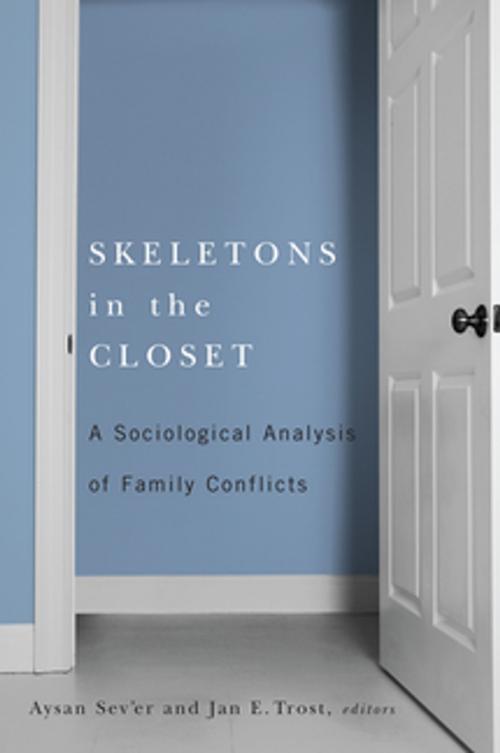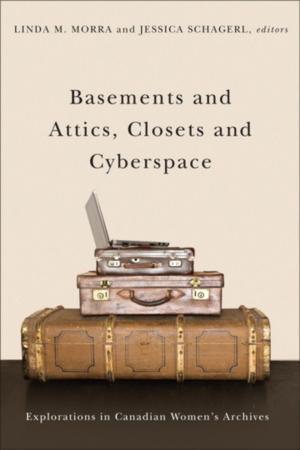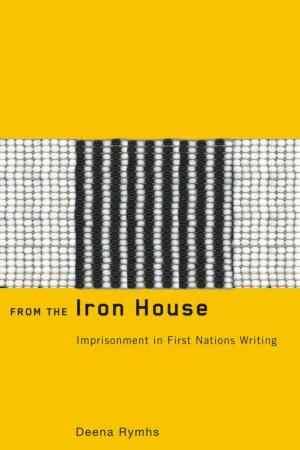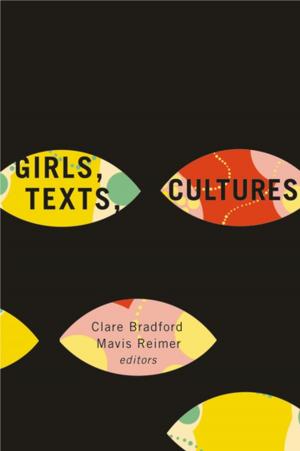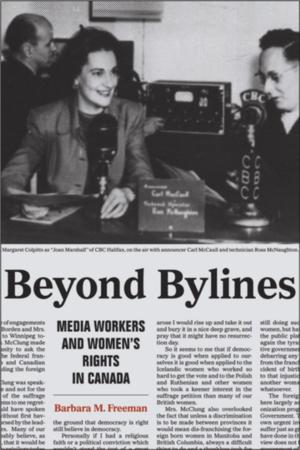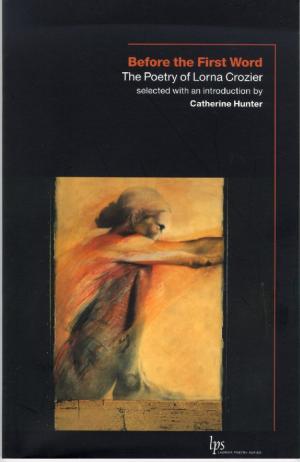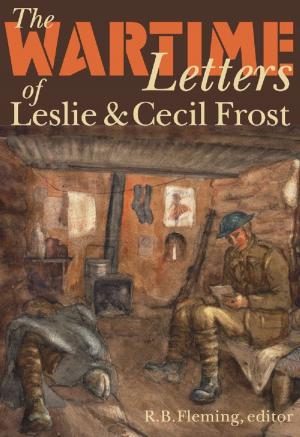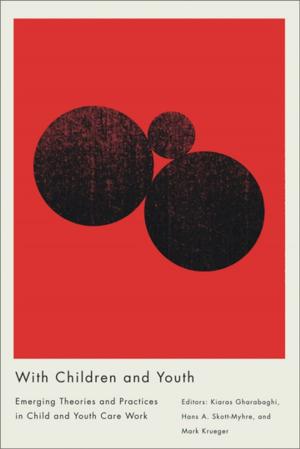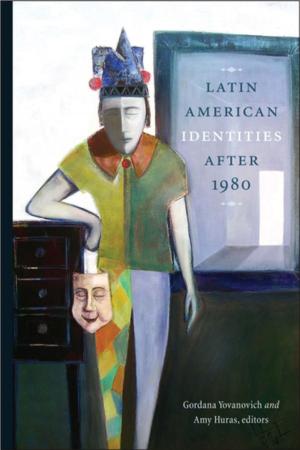Skeletons in the Closet
A Sociological Analysis of Family Conflicts
Nonfiction, Family & Relationships, Family Relationships, Conflict Resolution, Social & Cultural Studies, Social Science, Sociology| Author: | ISBN: | 9781554587834 | |
| Publisher: | Wilfrid Laurier University Press | Publication: | September 28, 2011 |
| Imprint: | Wilfrid Laurier University Press | Language: | English |
| Author: | |
| ISBN: | 9781554587834 |
| Publisher: | Wilfrid Laurier University Press |
| Publication: | September 28, 2011 |
| Imprint: | Wilfrid Laurier University Press |
| Language: | English |
Family conflict has traditionally been studied by researchers who are at a safe intellectual distance from the families under their study. In Skeletons in the Closet, and in line with feminist research methodologies, the hierarchical distance between researcher and subject is broken down. All of the contributors to this volume are academics, and all are closely related to the families they write about.
Skeletons in the Closet consists of ten essays about unresolved or unresolvable family conflicts. The contributors start from the assumption that families—whether legal-marriage families, common-law marriage families, single-parent families, multiple-generation families, same-sex partnerships, or adoptive families—are cradles of intense emotion. That intensity, they argue, may translate into conflict, competition, domination, abuse, exploitation, or even hate. This book explores those areas most likely to grip family members in unresolved interpersonal strife, as well as the strategies people use to solve the issues and the shame and isolation that conflict brings in societies that normatively expect family life to be one of joy, mutual sharing, and caring.
This first-hand narration of family conflict by social scholars has much to contribute to sociological studies of the family, both methodologically and theoretically. The introduction and conclusion place family conflict within sociological and social psychological theories and methods.
Family conflict has traditionally been studied by researchers who are at a safe intellectual distance from the families under their study. In Skeletons in the Closet, and in line with feminist research methodologies, the hierarchical distance between researcher and subject is broken down. All of the contributors to this volume are academics, and all are closely related to the families they write about.
Skeletons in the Closet consists of ten essays about unresolved or unresolvable family conflicts. The contributors start from the assumption that families—whether legal-marriage families, common-law marriage families, single-parent families, multiple-generation families, same-sex partnerships, or adoptive families—are cradles of intense emotion. That intensity, they argue, may translate into conflict, competition, domination, abuse, exploitation, or even hate. This book explores those areas most likely to grip family members in unresolved interpersonal strife, as well as the strategies people use to solve the issues and the shame and isolation that conflict brings in societies that normatively expect family life to be one of joy, mutual sharing, and caring.
This first-hand narration of family conflict by social scholars has much to contribute to sociological studies of the family, both methodologically and theoretically. The introduction and conclusion place family conflict within sociological and social psychological theories and methods.
